Pro-Ana Communities Force Butterflies Into Their Own Stomachs
Anorexia Among Teens Worsens with Social Media
April 27, 2022
Disclaimer: This article contains content centered around anorexia, bulimia, EDNOS, and body image issues for the sole purpose of education. Do not engage in or mimic any of the behaviors shown. If you or someone around you is dealing with an eating disorder, be supportive. Find them professional help. Please don’t be afraid to reach out.
Eating disorders are not exclusive to foreign cultures. Both globally and domestically, we can see the increasing abundance of this illness in all its variations. In Korea, these disorders are often mistakenly perceived as the consequences of Western ideals related to beauty and appearance, when in reality, an increasingly shrinking ideal of beauty is ever-present around the globe.
The emphasis on the “thin ideal” is only one possible risk factor for these disorders. While it has impacted other cultures’ adoption of these beliefs, other risk factors for this dysmorphic development occur in various cultures independent of Western influence. In fact, research finds that 2% of the worldwide population is impacted by eating disorders.
One of these countries is South Korea, and researchers are seeking to learn more information on how specific beliefs and customs in this culture are associated with eating disorder development. K-pop is a popular genre of music that has been hugely influential in the ‘diet scene’. Many of these stars are known for their thin bodies and extreme diets, and of course, young people want to look like their favorite K-pop idols. This standard has led to adolescents striving for unrealistic beauty standards, and going to drastic measures to achieve them.
These extreme diet and beauty ideals are without a doubt harmful to both the K-pop stars and also to the tween and teen girls who eagerly follow them, without thinking twice about any repercussions. Restricting, extreme dieting, cosmetic surgery, and an obsession with ‘the perfect look’ have become synonymous with the South Korean music industry, and it’s affecting the general public as well.
The obsession with weight, compulsive use of scales and BMI measurement have been driving adolescents in South Korea to extreme diets and compensatory behaviors. Young people, mostly girls, are partaking in the “pro-ana movement” (a portmanteau of pro and anorexia, referring to the promotion of behaviors related to the eating disorder anorexia) through various websites and social media accounts. Though some claim the community is for supporting individuals with all kinds of eating disorders (not just anorexia, but bulimia and EDNOS as well), these accounts are often dedicated to “tips” for extreme weight loss; sharing detailed information about how to throw away lunch at school without raising alarms, how to avoid getting caught by your parents – even divulging ways to bypass weight checks in psychiatric wards.
Most teenagers involved in this movement are known for not eating properly, and starving themselves until their weight drops to 30~40kg. Some teenagers even go to extreme measures such as abusing laxatives to reduce weight loss or “purging” (vomiting) after meals.
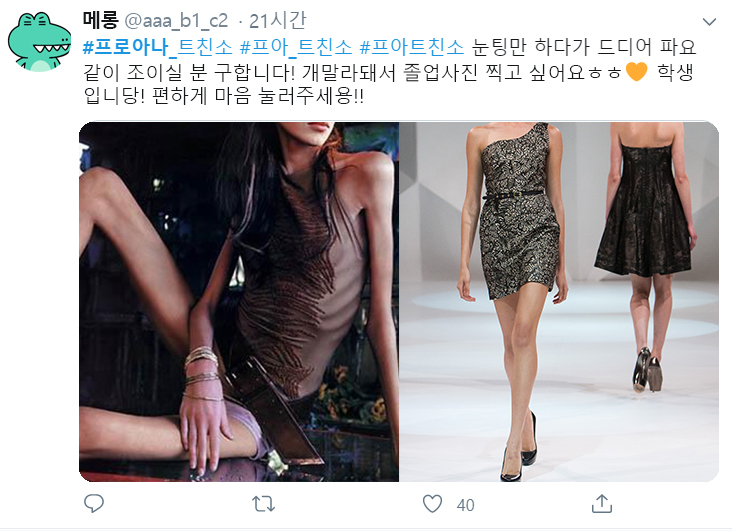
The Korean pro-ana community admires those with a 뼈말라 body (bbyeo-mal-la: so skinny that your bones show) and strive to achieve a 키빼몸 (qqi-bbae-mom) of over 120 (calculated by subtracting their weight from their height). Weight loss and scale fluctuations result in extreme stress and anxiety.
There are dozens of new posts on Twitter every day, wherein users look for friends to go on a diet with and reveal that they are pro-ana. They promote themselves and recruit other pro-ana people to join them in their unhealthy diet and disordered lifestyle. Pro-ana communities on Twitter post slim photos of celebrities to glorify, post about their daily food consumption, workout routines, and re-emphasize their desire to lose weight through jokes, elaborate fantasies, and other such statements.
Some members of the pro-ana community choose to turn to drugs to lower their weight even more, using dietamines to suppress their appetite, even though they have a strong desire for food. Dietamines are also called 나비약 (butterfly pills) due to their butterfly-like appearance. The chief ingredient, phentermine, stimulates the sympathetic nervous system to suppress hunger signals to the brain. As such, the pill acts on the central nervous system to suppress the brain’s appetite, spreading neurotransmitters that help us feel satiety.
However, the problem is that phentermine is a psychotropic drug – a type of chemical that is immensely harmful when used long-term. It should almost exclusively be used in acute situations, and always with a firm plan for tapering off. In addition to cardiovascular abnormalities – like tachycardia and elevated blood pressure – central nervous system abnormalities such as anxiety, insomnia, discomfort, and headache can occur.
In severe cases, an onset of mental illness may still occur even within the recommended dosage. If you take the drug for a long time, you might exhibit psychotic symptoms, such as a change in personality, or even the development of schizophrenia. The side effects that can occur after taking it are clearly stated in the drug’s precautions, but it seems that phentermine-based drugs, designated by some doctors or vigilant consumers, are openly used as “diet drugs.”
Phentermine is only recommended for patients classified as “severely obese”–with a body mass index of 30 or higher. And it is recommended for use only over short periods of time (4 weeks or less). The problem is not only hospitals, but also the consumers who buy these butterfly pills without much vigilance, as the effect of phentermine’s appetite suppression has been recognized in various studies. In some hospitals, phentermine-containing pills are prescribed without any standard for profit; and if these drugs are only available for prescription locally, pro-ana communities even distribute them illegally online.
The fear of weight gain and the desire to be slim have become a real health concern among Korean adolescents as they are turning toward drugs and disordered behaviors to keep thin. Consuming problems are mostly found in teenage girls, and additionally, they harm both psychological and physical wellness. It is crucial to address them as quickly as possible since anorexia has a top fatality price.
Medical professionals state, nevertheless, anorexia could cause numerous health issues such as malnutrition, weakening bones, heart problems, hair thinning, and despair. It is a fatal psychological plight, having a reported mortality rate of 15 percent.
Pro-anas aren’t unacquainted with the possibility of anorexia. They’re aware that anorexia is an illness, but think their actions are justified in a tradition that criticizes away from individuals. They’re “dying to be thin,” and some proclaim it proudly. Eating disorders are harmful to all those affected, but the physical ailments that accompany the illness are exacerbated in teenagers, as their brains and bodies are still developing. If adolescents exhibit disordered behaviors throughout their youth, the unhealthy lifestyle can lead to irregular menstruation, stunted growth, and in extreme cases, death. However, contrary to such concerns, the pro-ana movement has been growing in Korea.
Psychotropic drugs such as phentermine are a remedy to medicate diseases related to obesity, not a diet pill that can be consumed easily. Therefore, the government should thoroughly manage the prescription and use of narcotic appetite suppressants by securing manpower and organization systems to manage narcotics, including appetite suppressants, and prevent misuse.

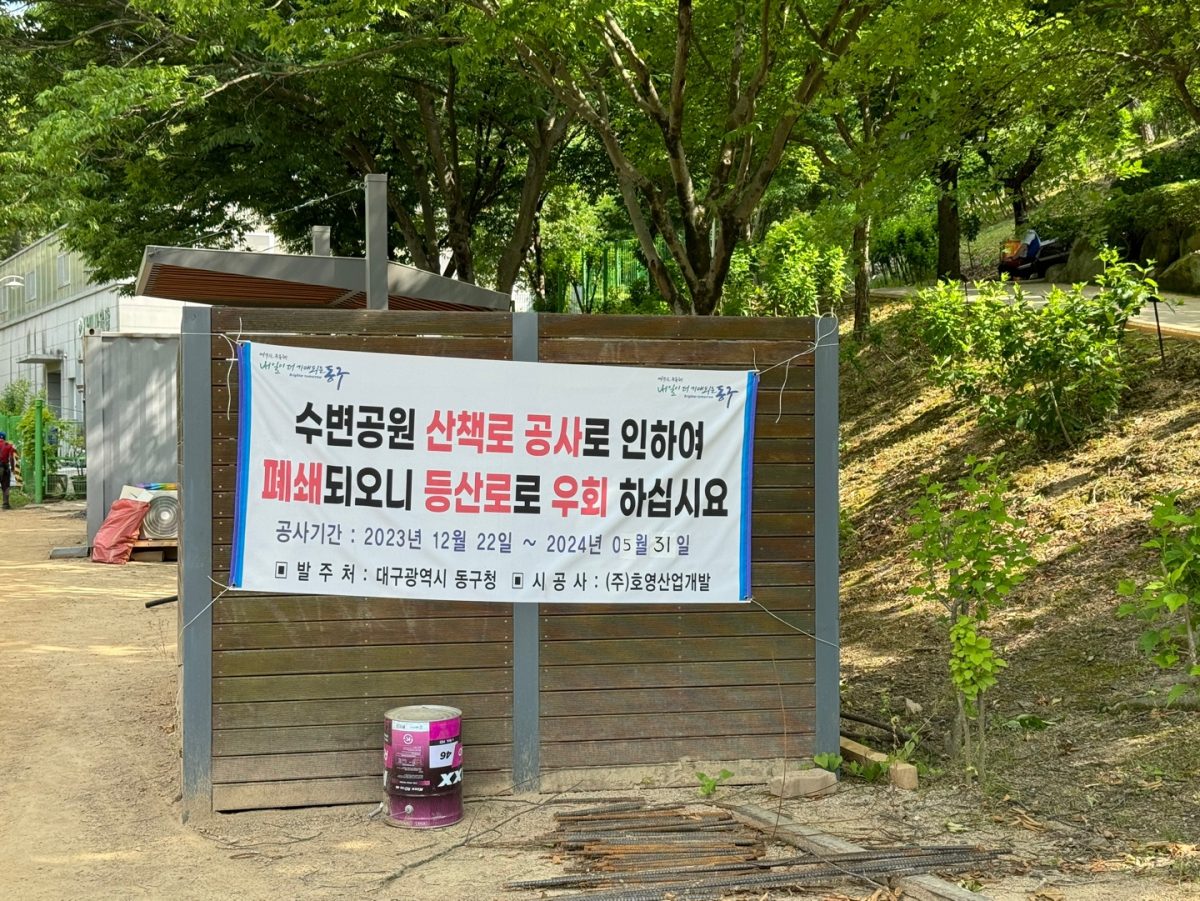
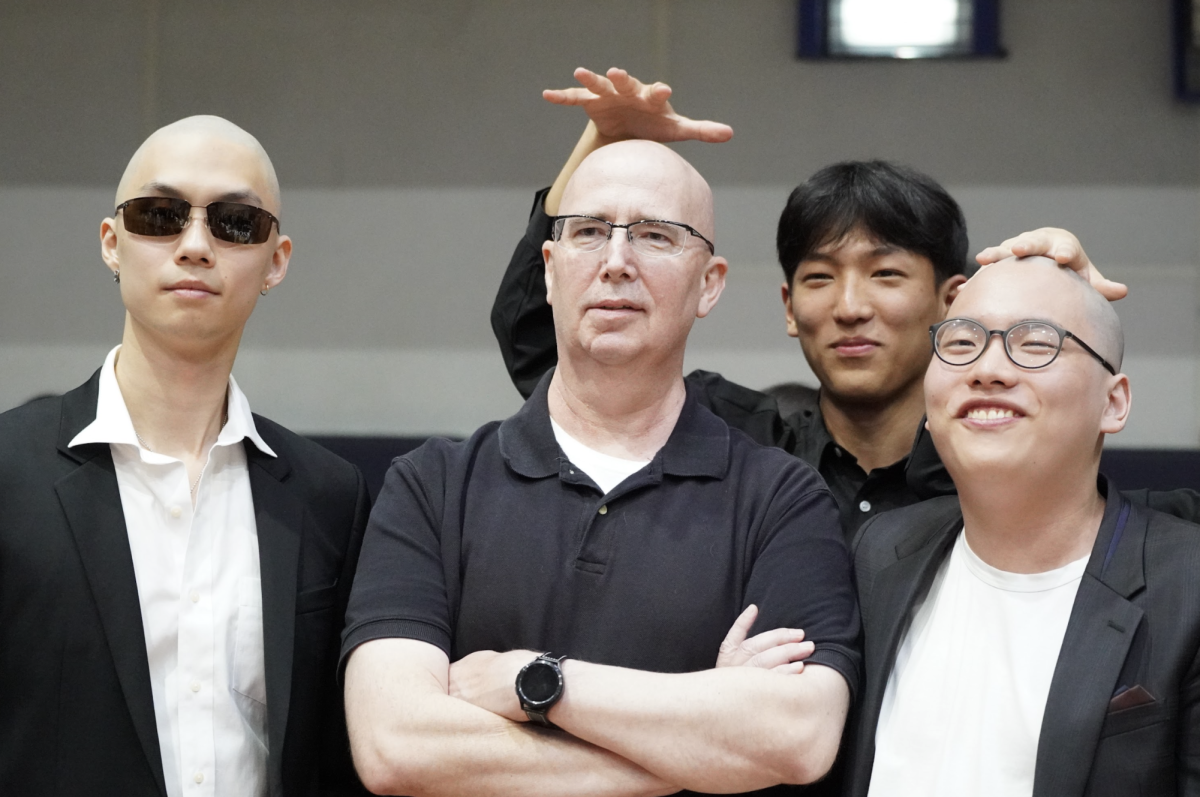




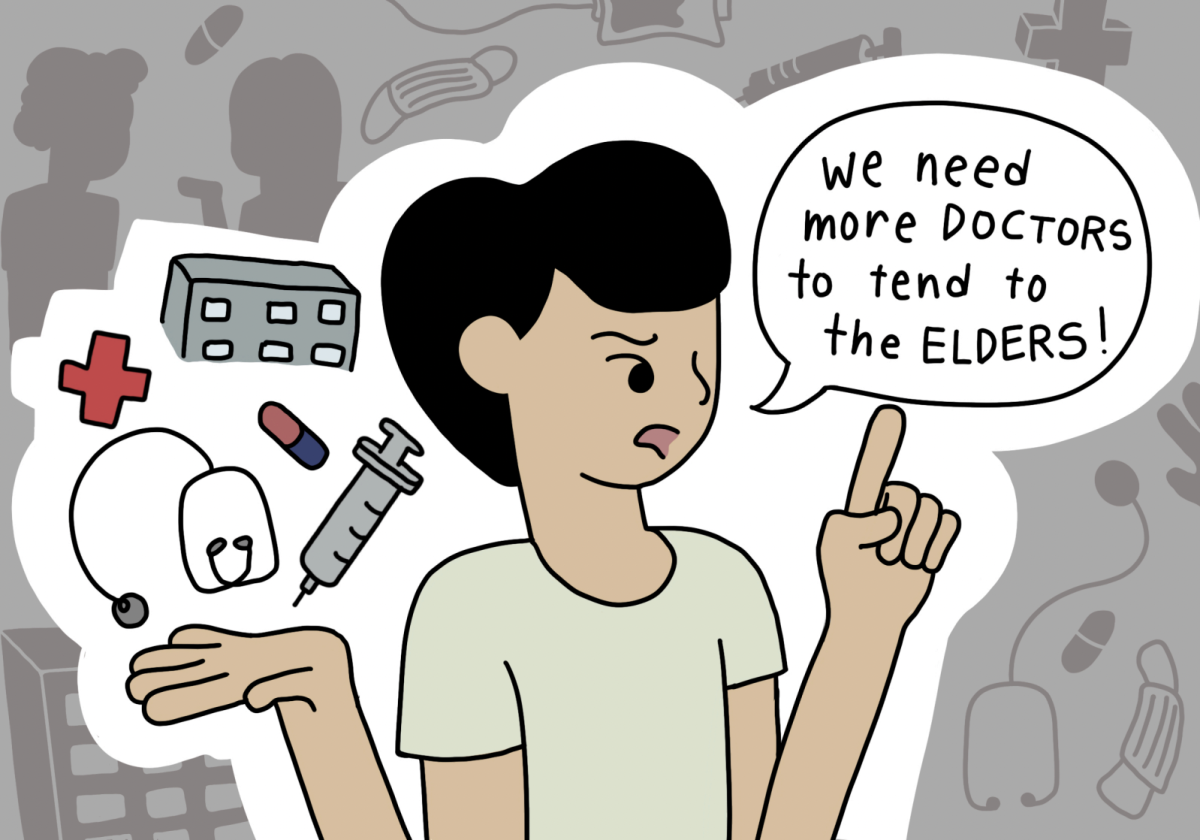











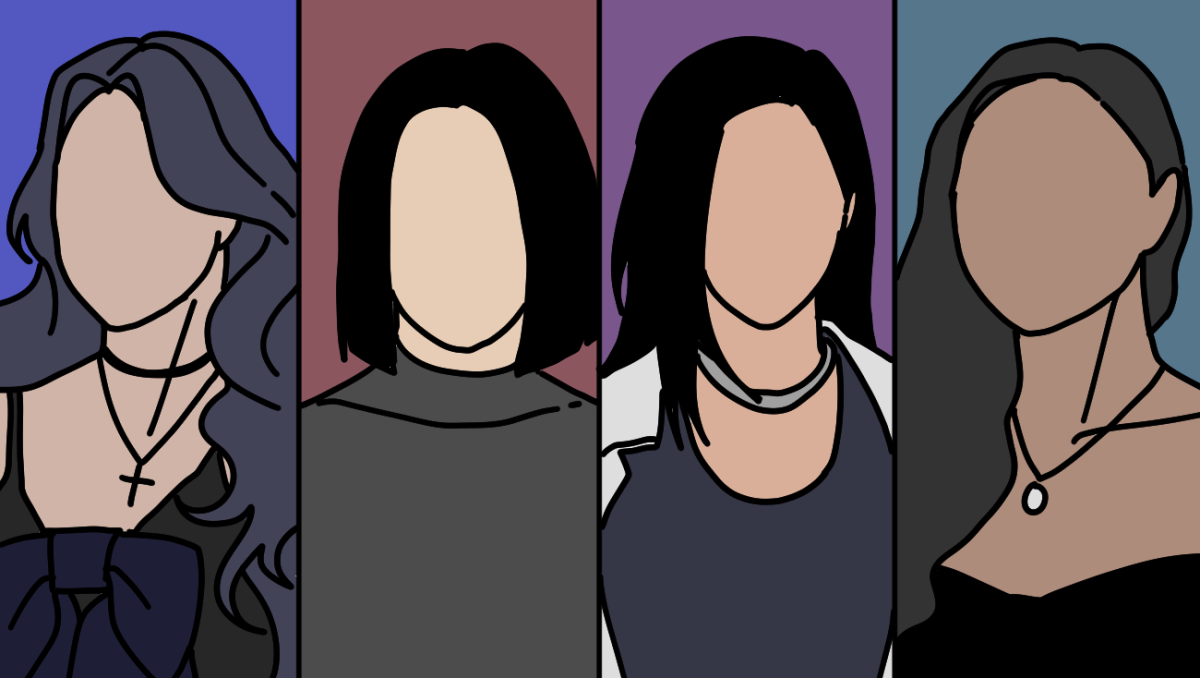


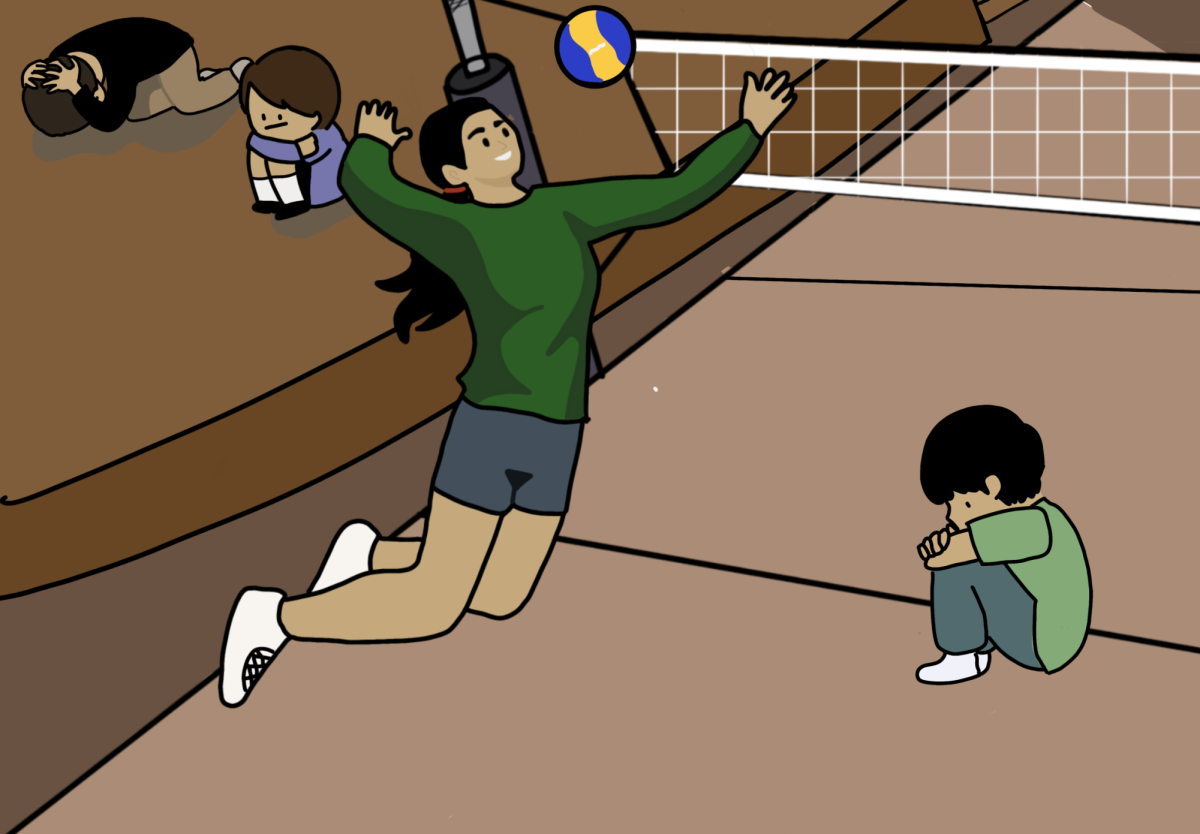


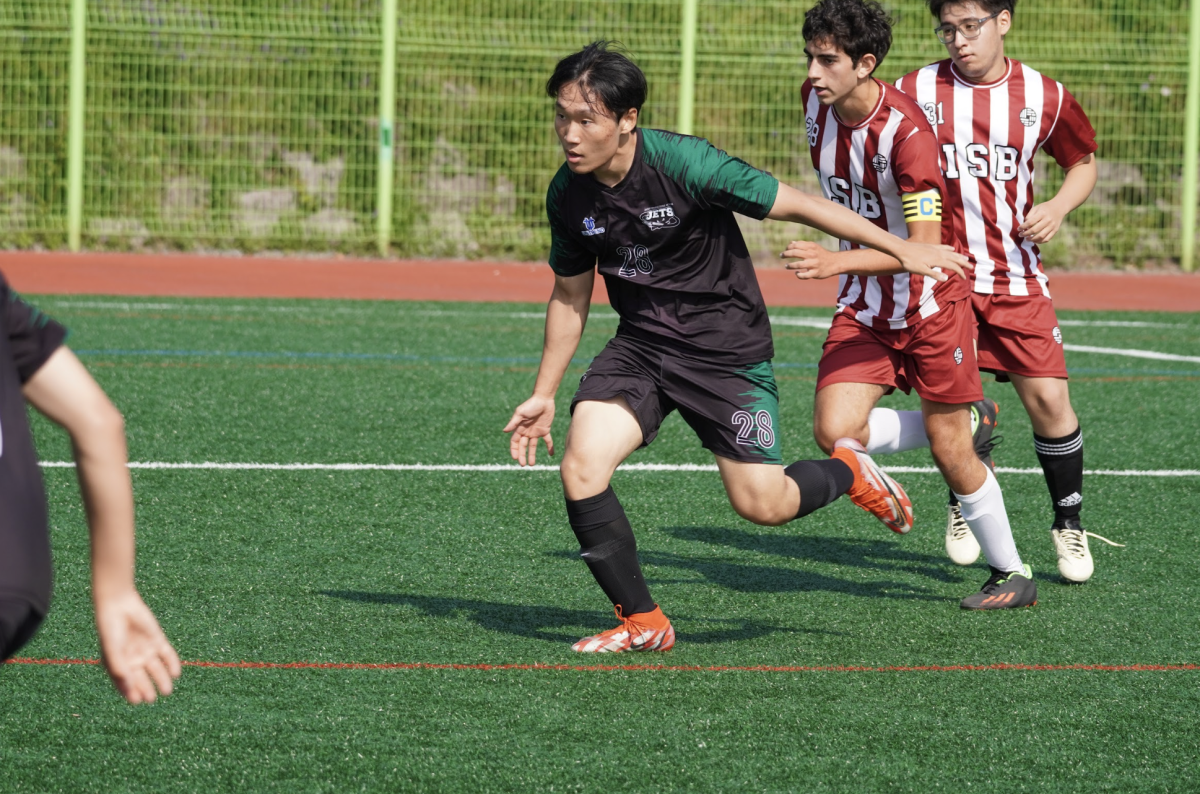
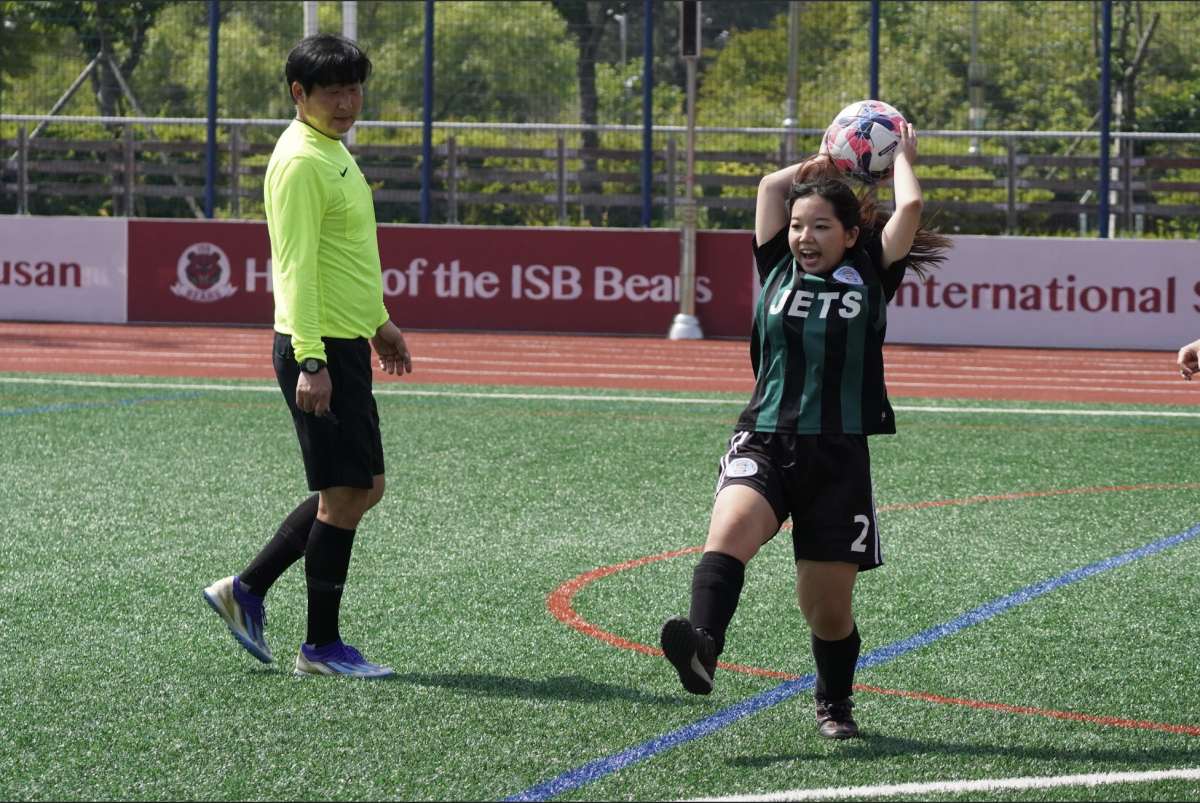









![[Podcast] Bet on Bonnie Episode 2: Sophie Lee](https://jetsflyover.com/wp-content/uploads/2024/05/jbspodcasts-1200x951.png)

![[Podcast] Jets Jukebox Episode 1: Bleachers, Self-Titled](https://jetsflyover.com/wp-content/uploads/2024/04/Jets-Jukebox-LOGO-1-1200x1200.png)
![[Podcast] Eco-Lution Episode 3: Freshmen explore alternatives to paper straws](https://jetsflyover.com/wp-content/uploads/2024/03/Ecolution_Podcast_Logo-1200x1200.png)






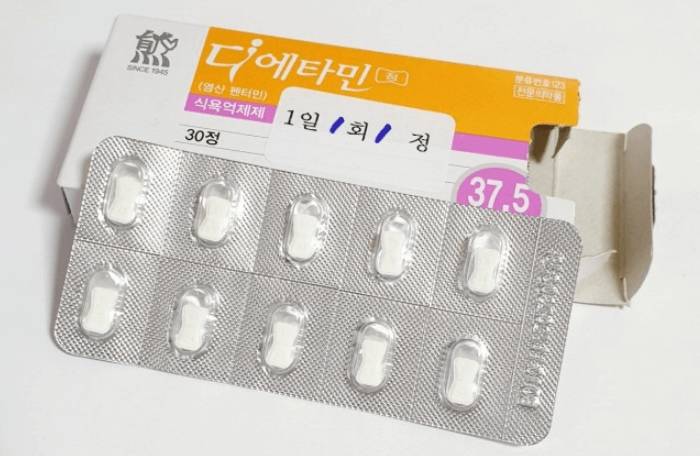


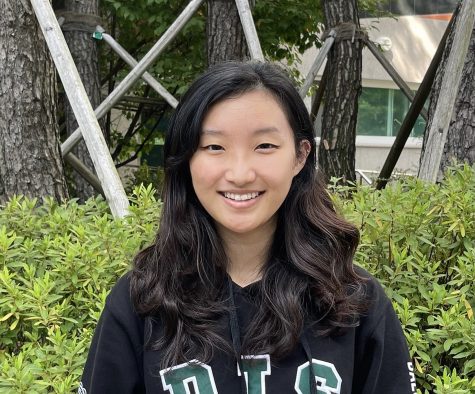
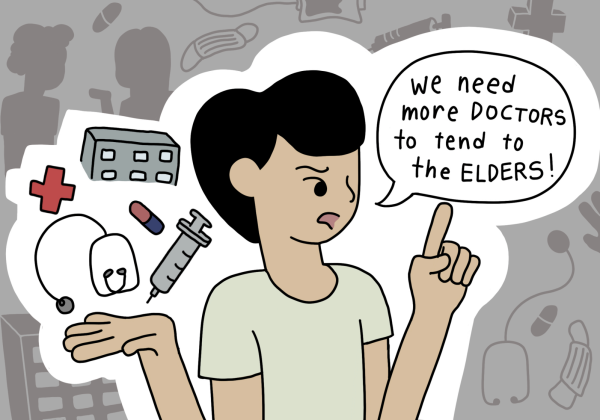





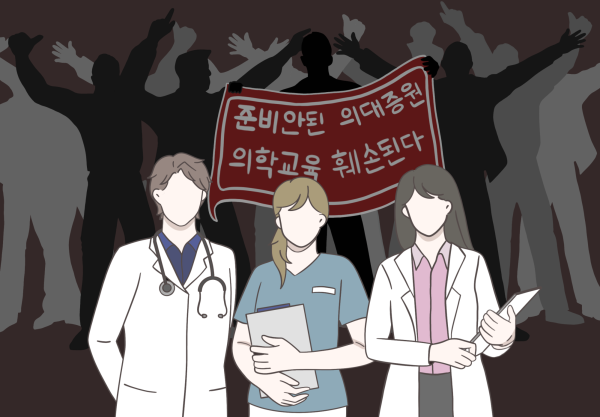
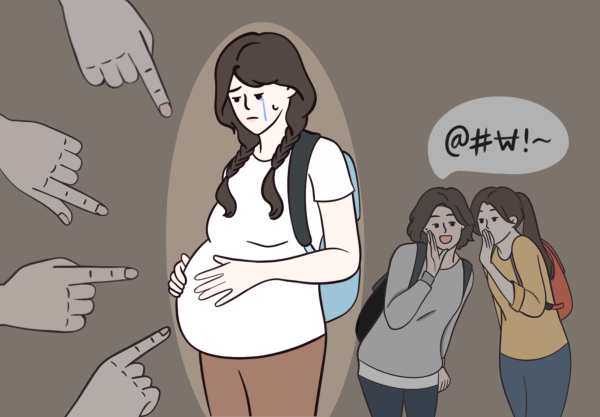

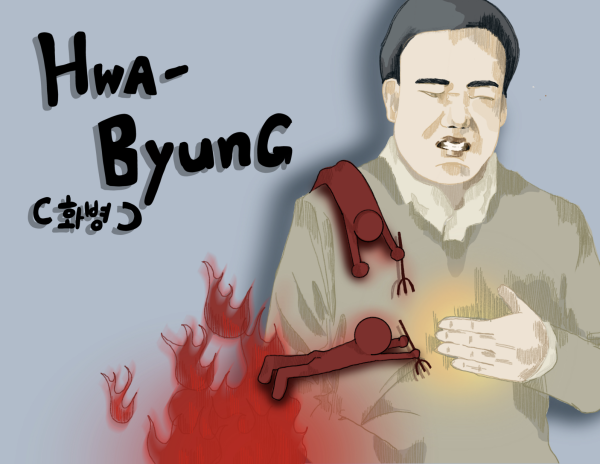




Paul • Sep 14, 2023 at 7:29 pm
Me also I learned a new thing.
Selina • Nov 3, 2022 at 7:41 pm
This is a very serious topic that hits close to home. No one can restrict someone’s “right” to take pills or conduct acts like forcing to vomit. However, the communities “romanticizing” or even saying this is how to become “skinny” and “popular” is very detrimental especially to teens who are growing up in this community. Teens need validation. People need representation.
Anna • Sep 22, 2022 at 7:37 pm
Wow i learned something jew !!!!